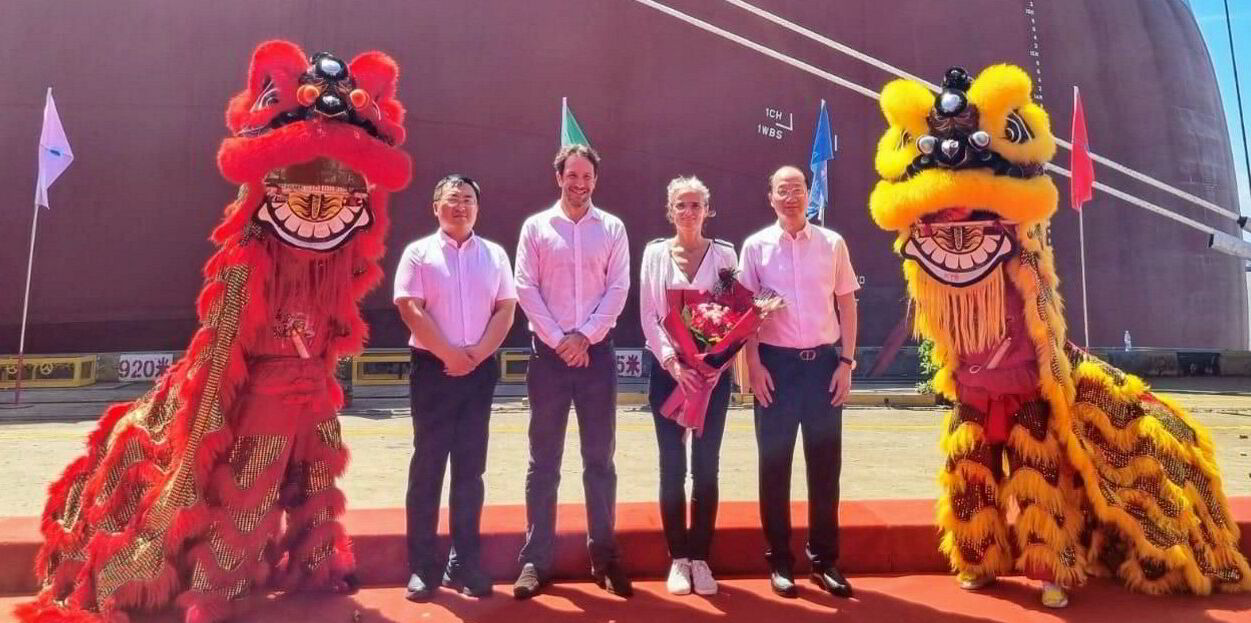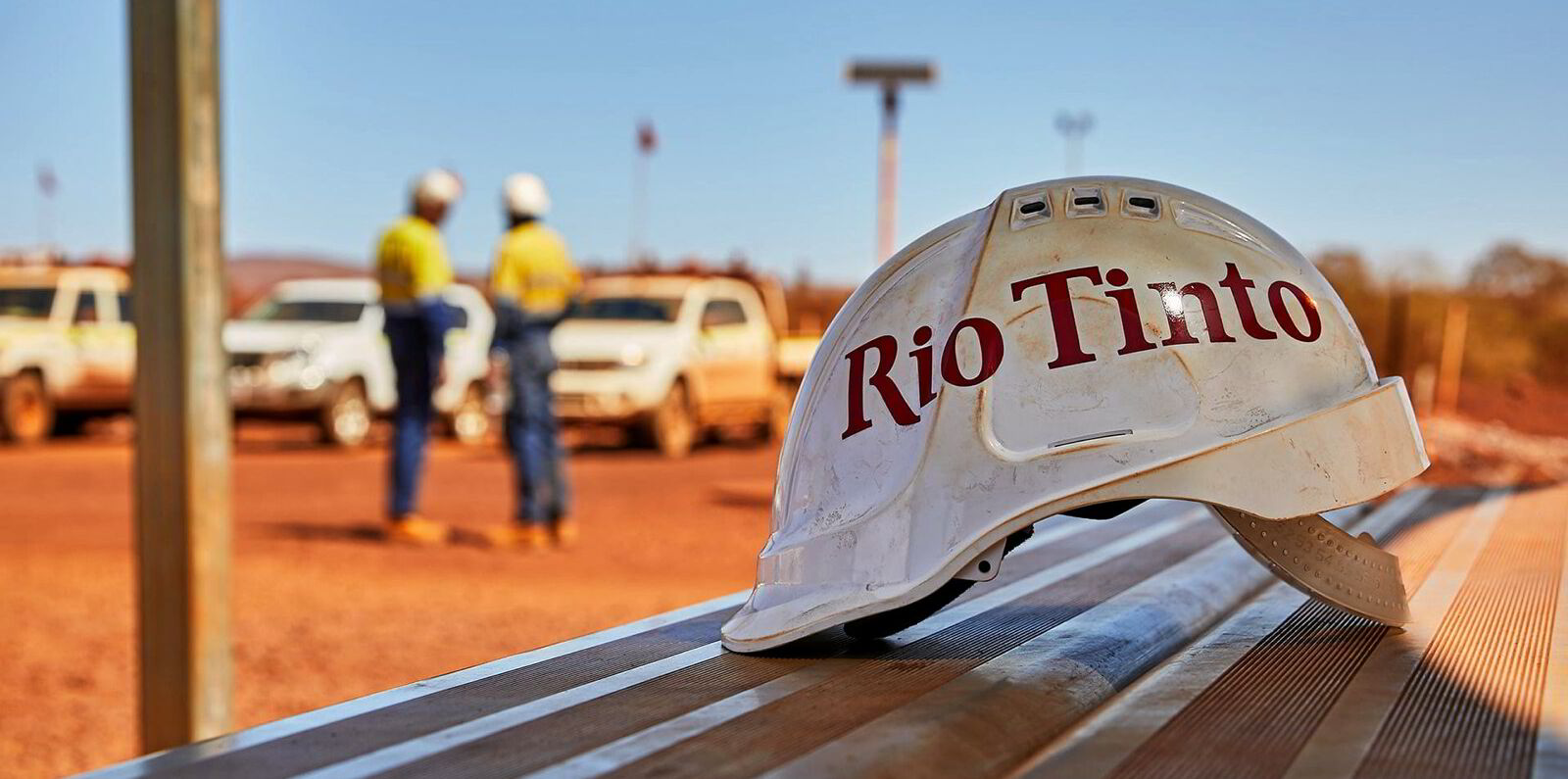Rio Tino has added a new LNG dual-fuel vessel to its chartered fleet.
The Mount Ossa was built by New Times Shipbuilding, christened in Jiangsu, China on Tuesday and chartered from Singapore’s Eastern Pacific Shipping.
The delivery marks the completion of the miner’s LNG dual-fuel newcastlemax programme, which it claims “makes Rio Tinto one of the largest charterers of this class of vessels in the world”.
Mount Ossa is the last in Eastern Pacific’s series of six 210,000-dwt dual-fuel bulkers chartered to Rio Tinto.
Along with the other eight vessels in Rio Tinto’s LNG dual-fuel fleet, the Mount Ossa is expected to deliver a 15% to 20% “lifecycle carbon reduction” from the use of its high-pressure engines, without specifying whether the reference to carbon includes methane emissions. This will eliminate virtually all SOx emissions and up to 80% of nitrous oxide emissions when using LNG.
A further 15% carbon emissions reduction through the energy efficiency design is also expected.
As a result, Rio Tinto said it is on track to deliver a 40% cut in shipping carbon emissions intensity by 2025, five years ahead of the International Maritime Organization’s target.
Rio Tinto head of commercial operations Laure Baratgin said: “I want to congratulate and thank all the teams at Eastern Pacific Shipping, New Times Shipbuilding and Rio Tinto Marine for the safe and successful delivery of Mount Ossa and her sister vessels.”
Eastern Pacific said that it and Rio Tinto have shown “unparalleled resilience and a strong commitment to decarbonise shipping” amid global challenges.
“Over the past three years, these LNG-powered vessels have proven to be a sustainable choice, emitting 30% less than their conventional counterparts,” the shipowner said.
“We have successfully completed over 200 LNG bunkering operations, significantly reducing emissions across our fleet.”
Eastern Pacific was one of the first owners to invest in LNG dual-fuel vessels as part of a commitment to reducing shipping’s carbon footprint. It has 74 dual-fuel vessels in its fleet of 250 managed ships.
Rio Tinto charters more than 230 ships, transporting about 300m tonnes of cargo per year.





